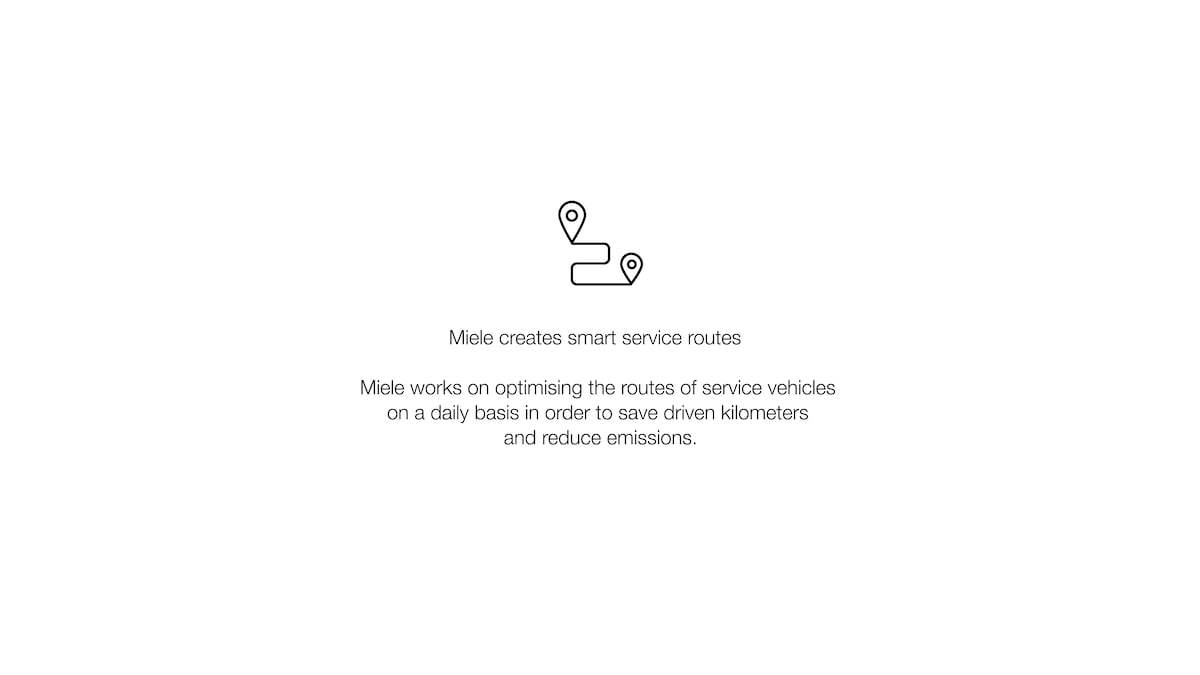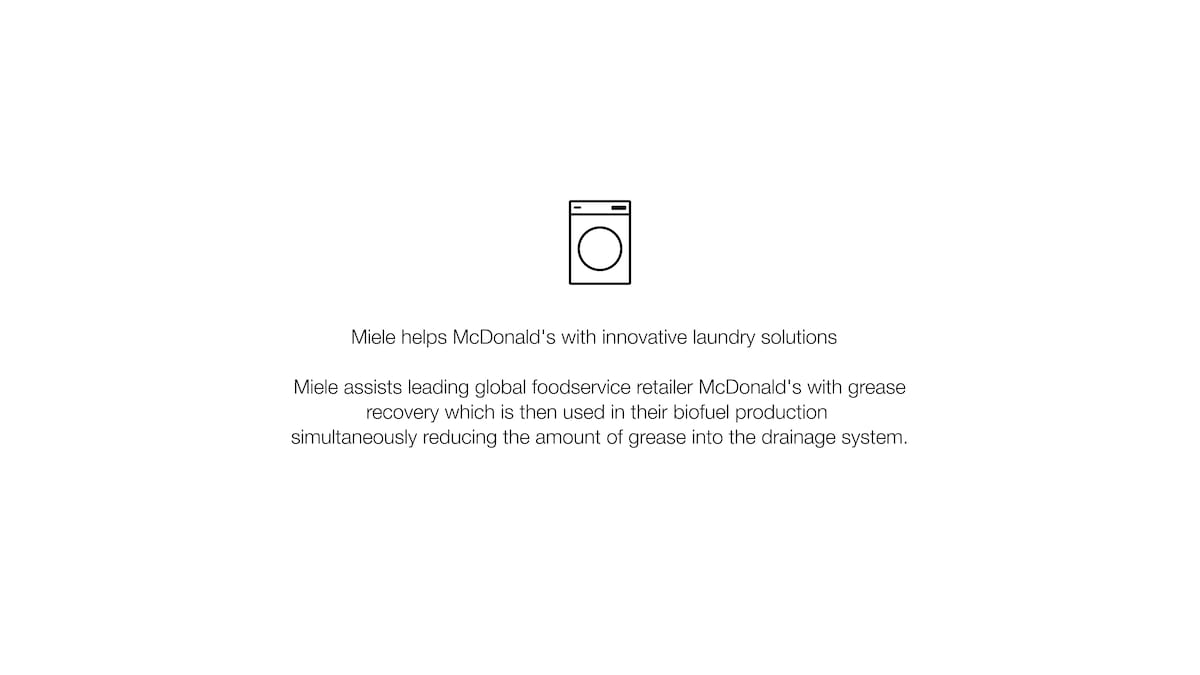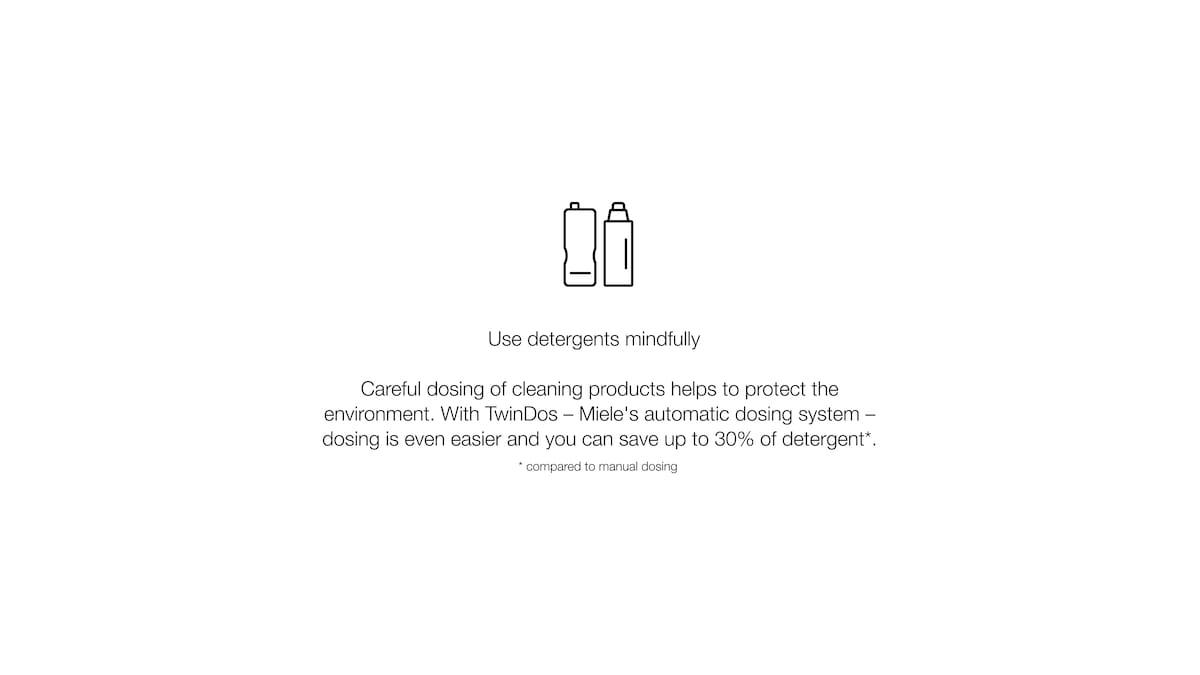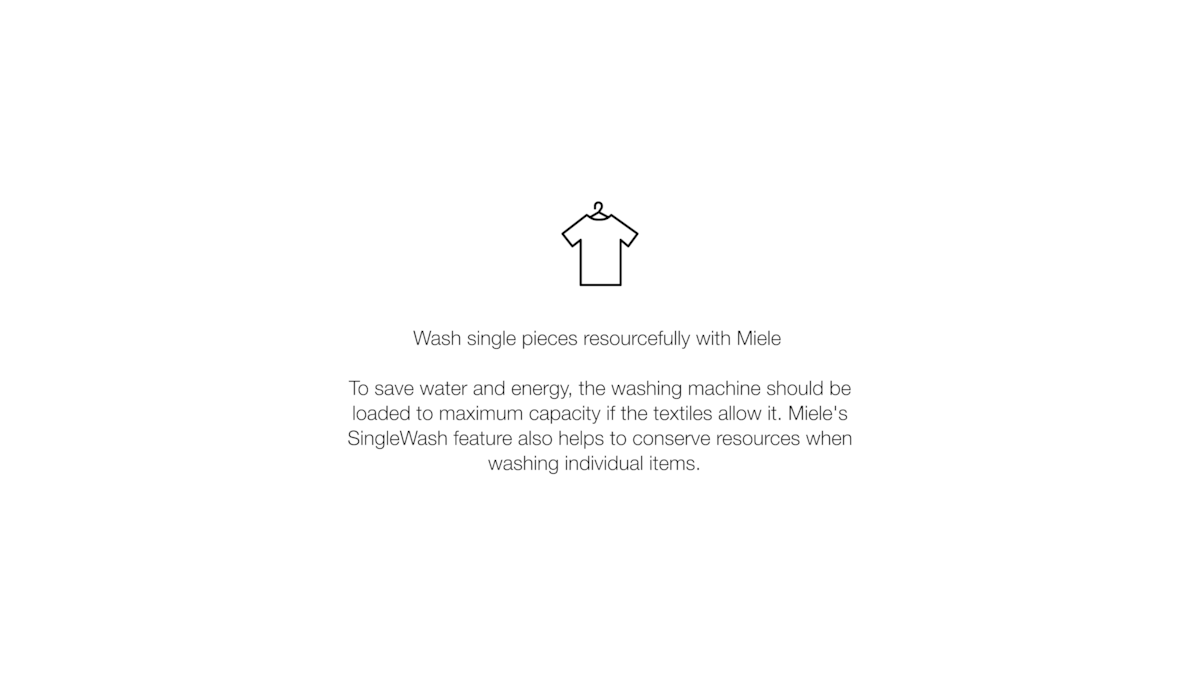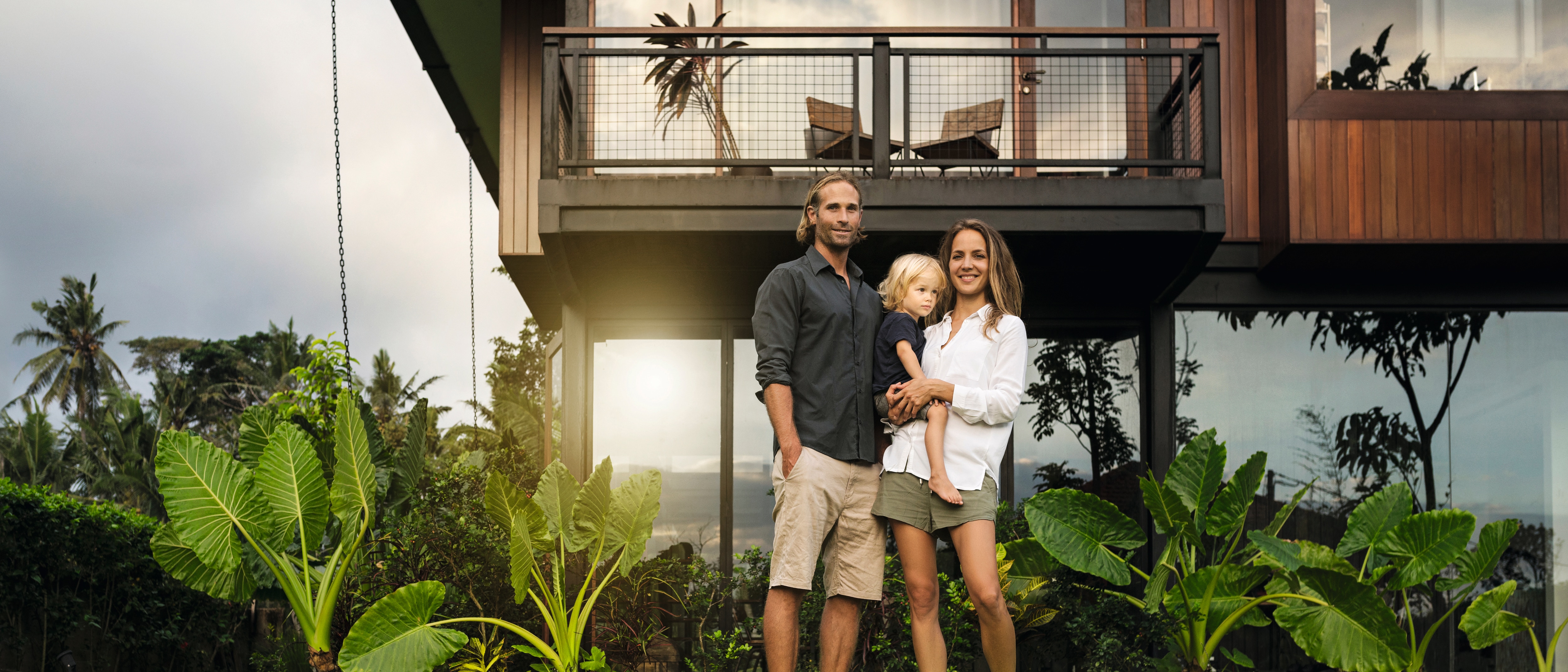
Sustainability at Miele
Immer Besser:
For the planet, our only home
Why we care about sustainability
Our planet is going through some profound changes – changes that we are just beginning to feel the consequences of.
We all have a responsibility to do everything we can to ensure a brighter, more sustainable future - from the largest multinational to the smallest family home.
'Immer Besser' defines Miele's commitment to always do better in everything we do. It keeps motivating us to make better, smarter appliances so the homes and businesses they serve become more sustainable, from one generation to the next.
On this page you can find out what we're doing on our journey to contribute to a better tomorrow.
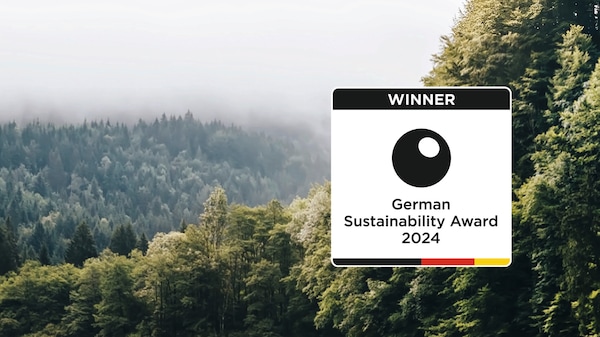
Miele wins the German Sustainability Award
Miele’s strategy and measures are convincing and have led to the company winning the German Sustainability Prize. Our holistic approach: durable products, production which goes easy on resources, and responsibility in practice for supply chains and employees. For this, we have received one of the most significant awards. This fills us with great pleasure and we see it as an incentive to persist in our commitment.
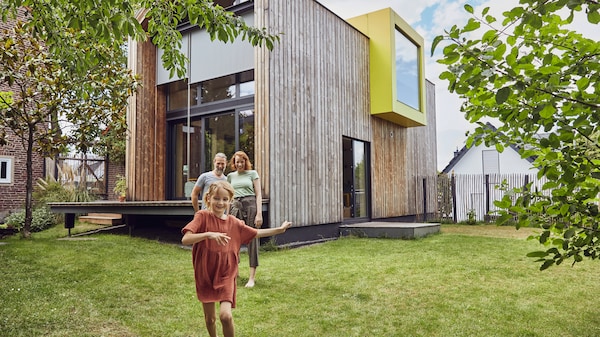
Make sustainability happen at every step
We continuously work towards making sustainability essential at every stage of our products and services' life cycle - as well as in all of our value chains, and in the homes of our customers.
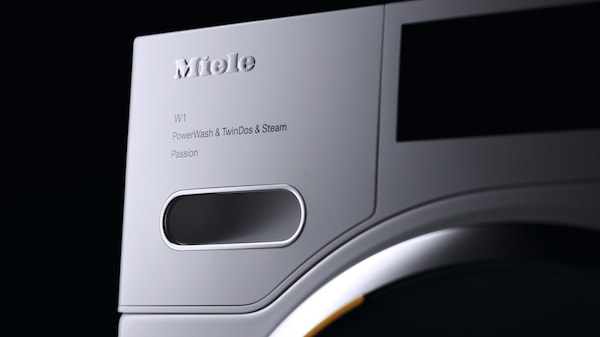
Make appliances that won’t leave a mark
Miele is dedicated to producing the best possible products and services with the least impact on the environment, with the ultimate aim to make them 100% carbon-neutral.

End waste by giving our appliances new life
We are working towards creating a circular value chain with net-zero waste for all materials used in our appliances to re-enter the loop at the end of their lifecycle.
You can find out more about Miele’s commitment to sustainability in our latest report.
Did you know?
Green projects
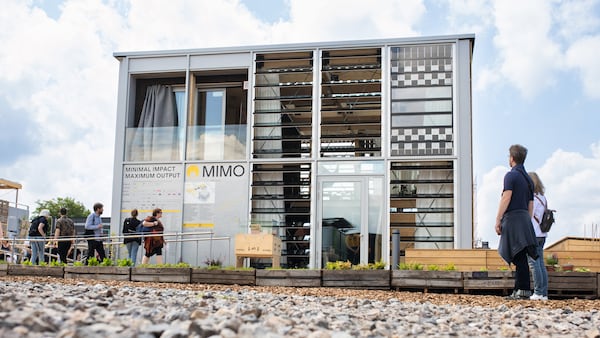
Supporting research in energy efficiency
The house of the future combines innovation, design, and energy efficiency. In the „MIMO“ (Minimal Input, Maximum Output) project, presented at the international competition for sustainable living Solar Decathlon, we co-developed an innovative heat pump system that uses heat generated from kitchen appliances to warm or cool homes. During the competition, the system was installed in a building to be tested and measured in common conditions, for the first time.
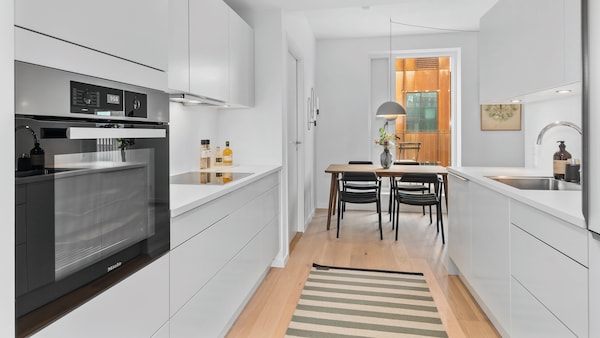
Turning Copenhagen green
Miele is heavily involved in the creation of Denmark's first "Green City" as a standard equipment supplier. We are supplying around 15,000 domestic appliances for the project in a newly transformed quarter of Copenhagen.
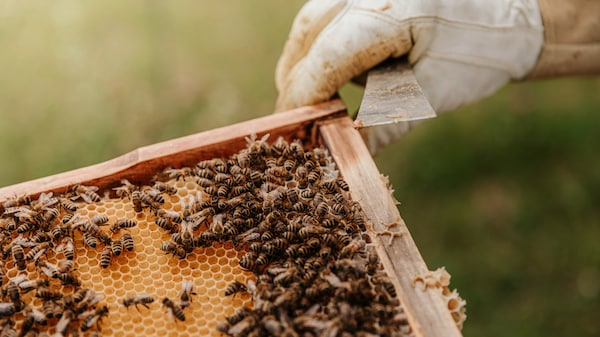
Getting busy with bees
Miele supports various beekeeping initiatives that make the fields around some of the Miele plants buzzing and have a positive impact on the eco-system around our factories.
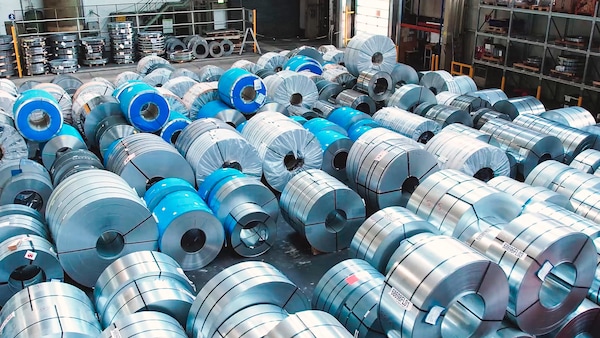
Using green steel
In a pilot project, Miele will be sourcing green steel from its partner Salzgitter AG. With the use of this material the CO₂ emissions generated by the manufacturing process are reduced by more than 66% by harnessing climate-friendly energy sources and reusing steel scrap. In introducing this change, Miele is making an initial contribution to further reducing emissions from purchased goods and services.
Together, we can make a positive difference
The Circular Economy
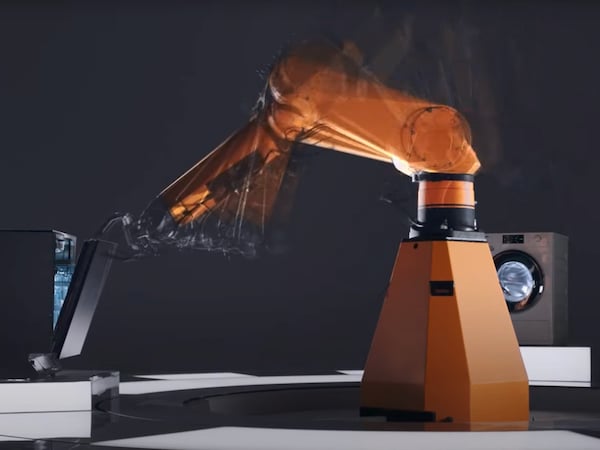
Built better to last longer
Miele tests most of its domestic appliance series to the equivalent of 20 years‘ use. If you're interested in what products are tested visit the 20 Years Promise website to learn more.
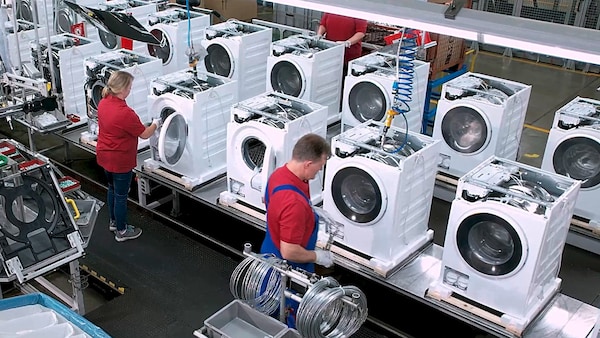
CO₂ Neutral In All Facilities
Miele is committed to the Science Based Targets initiative (SBTi) and we are carbon neutral in all of our locations (Scope 1&2). An important milestone on this path is the reduction of emissions in the use phase of our products (Scope 3.11) – which are the major contributors to our overall carbon footprint – by 15 percent from 2019 until 2030.
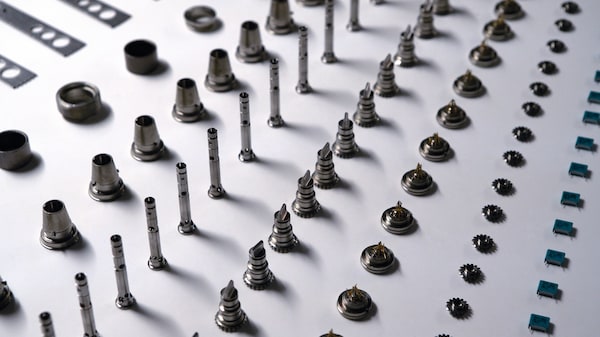
Your Right to Repair
We continuously stock over 70,000 Miele original spare parts in our central warehouse. In that way we can ensure the availability of functionally relevant spare parts, for at least 15 years after discontinuation of production of the appliances model.

Impact Hub Berlin
We keep working to improve our sustainability footprint. To do so, we build strong partnerships with innovative minds inside and outside the company. Impact Hub Berlin is the place to be when it comes to collaboration in the sustainability field. The hub offers us the opportunity to work with start-ups and focus specifically on circular economy.
'Immer Besser' means always better, always caring
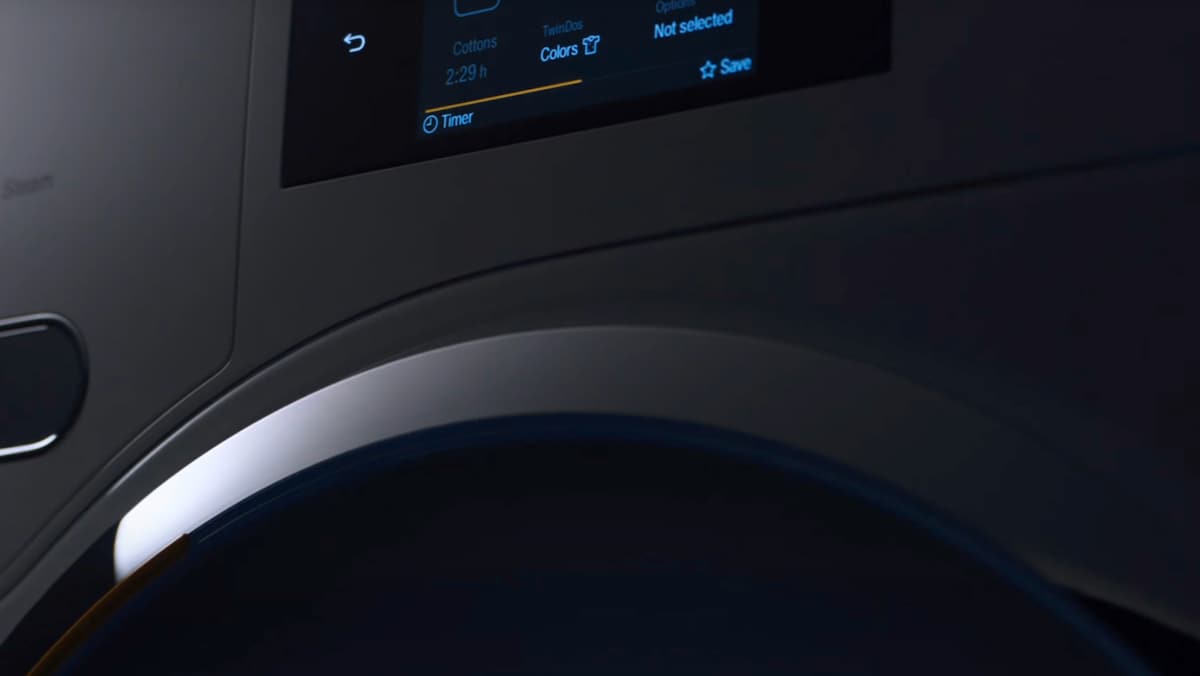
More than 50% of our Research and Development budget goes into developing more sustainable appliances and services. The majority of Miele washing machines sold in 2020 achieved the highest efficiency class on the market.
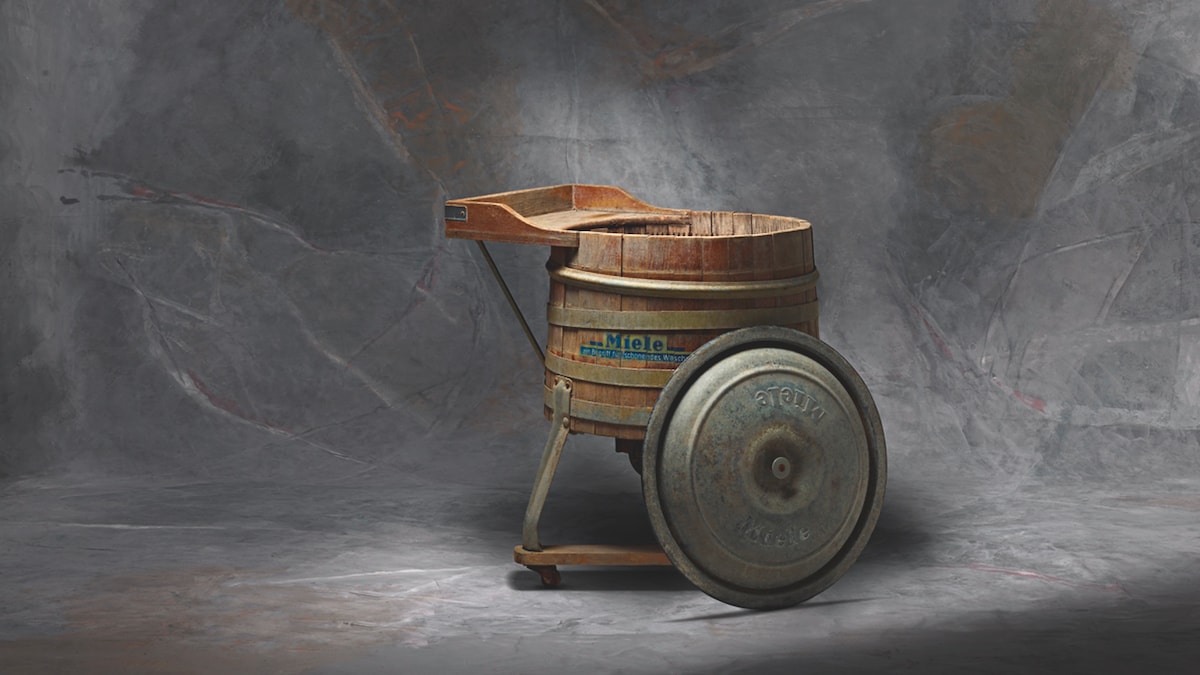
From day one, the core of our product philosophy has been to manufacture products of exceptionally high quality with a long service life, using premium-quality materials and sophisticated production methods. So, using a longer-lasting Miele appliance gives you peace of mind, knowing that you are consuming less.
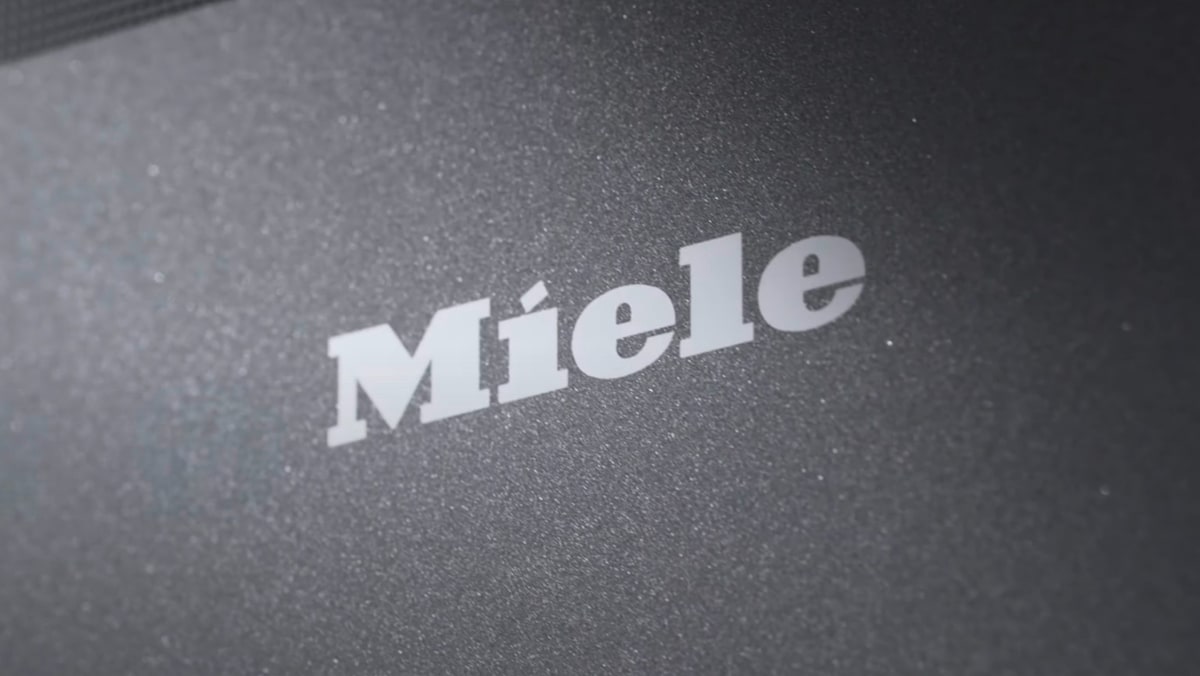
We employ over 22,300 people whose well-being is very important to us. With manifold HR initiatives we support all our employees and are committed to being a reliable partner for both the industry and society.
Our ambassadors
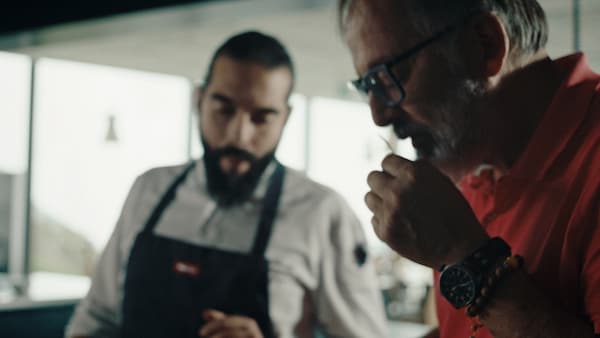
Episode 1: Norbert Niederkofler
Norbert Niederkofler takes his inspiration from the nature of South Tyrol, where he is from - his approach to ethical cooking and sourcing of the ingredients from the local farms became the basis of a gastronomic revolution that he called ‘Cook the Mountain’.
His philosophy is built around respect for people, produce and our planet, mirroring Miele’s ethos of performing better with less, avoiding waste, optimising supply chains and achieving quality without compromise with products that last.
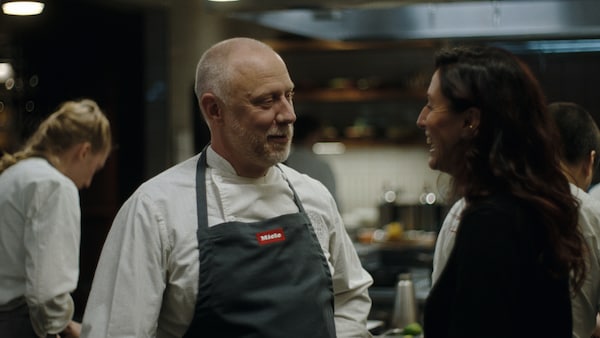
Episode 2: Kyle Connaughton
Kyle Connaughton runs a 3 Michelin-starred restaurant SingleThread in Sonoma County, California, along with his wife, Katina Connaughton, who is in charge of the SingleThread Farm.
The seasonality of the farm produce dictates everything: from what appears on the plates to leftovers of each meal that go back to the farm to nurture the soil. Circularity, and a sustainable approach overall, is at the core of the operation of both farm and restaurant: creating experiences that give people a better connection with the planet and each other; working relentlessly and constantly improving; and sharing knowledge with the local community.
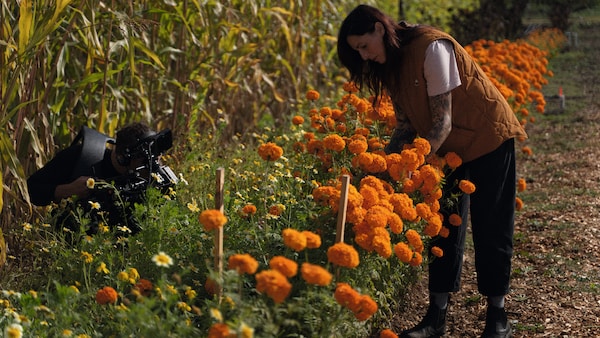
Making of sustainable production
At Miele we are not only constantly exploring more sustainable production and service practices but also endeavoring to empower sustainable consumption. And if you want to inspire others, you need to lead by example. That’s why we are constantly looking for improvement – such as creating the content with zero waste in mind: from using reusable water bottles and rechargeable batteries, to being paperless and offsetting emissions.
In recognition of sustainable filming practices implemented during the ‘Stories from our only home’ production, Miele was awarded the Green Seal by Environmental Media Association.

Miele Sustainability Report
The new Miele Sustainability Report is now online - for the first time in alignment with the core structure of the European Sustainability Reporting Standards (ESRS) and with clear progress towards our science-based climate targets.
Sustainability In Detail

Management & Processes
Since its founding, Miele has stood for a sound and responsible approach to business. Today, our sustainability strategy forms the basis for this. With it, we set ourselves ambitious goals and define the necessary measures to achieve them.

Products & Services
Our products are durable, energy-saving and resource-efficient. In addition to sustainability aspects, we have one thing in mind when developing them: the needs of our customers.
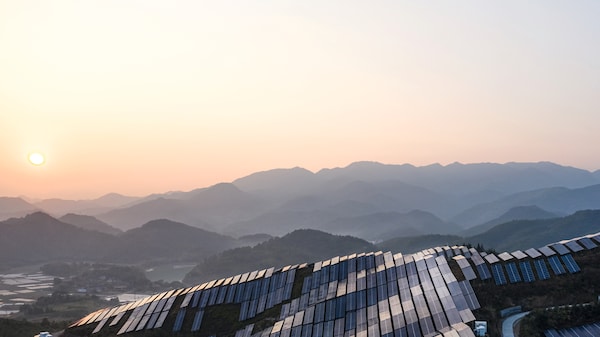
Supply Chain & Production
Climate protection is everybody's business. As a family-owned company, this is particularly important to us. That is why we are working along the entire value chain to achieve this. Our climate targets have been validated by the Science Based Targets Initiative.

Employees & Society
Our aspiration: to be a responsible member of society and a reliable partner - for our employees, for our customers, for our suppliers and partners.

News & Stories
From innovative projects and milestones to the people who shape sustainability at Miele: We share news, exciting stories and interesting developments.

Press Articles
This is where it becomes tangible: press releases on sustainability.
For press enquiries, or if you have any questions relating to the content of this site, please contact the Sustainability Communications Team: sustainability@miele.com
